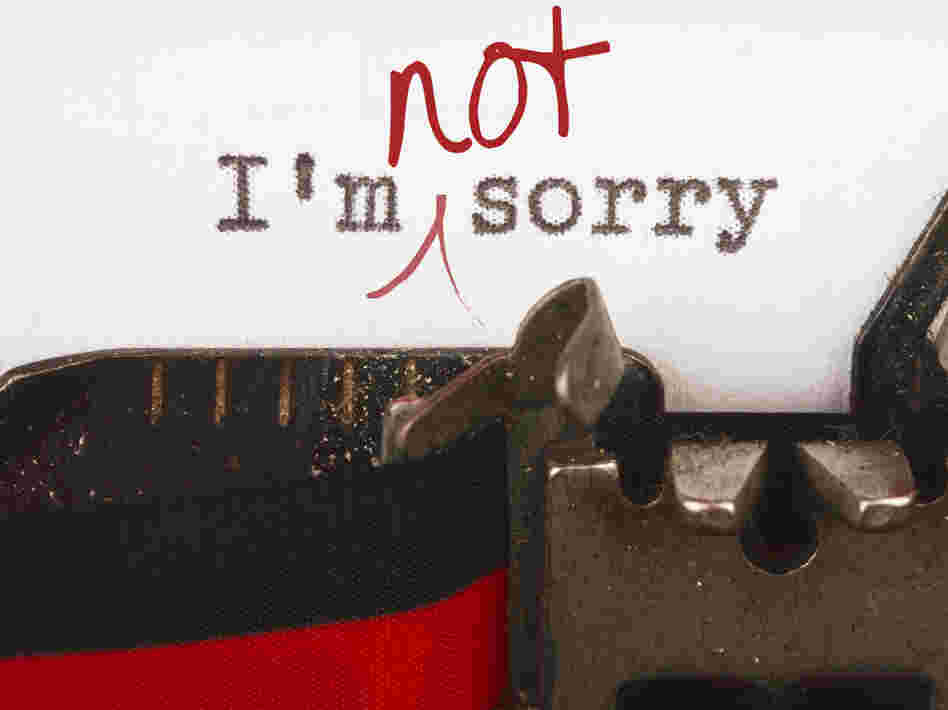Five Common Mistakes That Can Ruin Your Apology
Apologizing is an essential part of maintaining healthy relationships, but it’s not always easy to get it right. Many people make well-intentioned apologies that end up falling flat. Recognizing the common pitfalls of failed apologies is crucial for offering a successful one. In this article, we will explore five ways in which apologies can go wrong and provide guidance on how to avoid them.
Raising our “but” consciousness:
A heartfelt apology is essential for healing and reconciliation. However, adding the word “but” can undermine the sincerity of your apology. It often comes across as making excuses or canceling out the original message. Instead of saying, “I’m sorry, but you should have understood my frustration,” try expressing a genuine apology without any justifications. Recognize that the apology is an opportunity to establish grounds for future communication, not to address the underlying issues comprehensively.
“I’m sorry you feel that way”:
Using this phrase is a common pseudo-apology that shifts the focus onto the other person’s response rather than taking responsibility for your own actions. By doing so, you are essentially invalidating their feelings. Instead, direct your apology towards your behavior and acknowledge the impact it had. For example, say, “I’m sorry for correcting your story at the party. I understand it was insensitive, and I won’t do it again.”
Watch out for “if”:
Starting an apology with “I’m sorry if” puts the responsibility on the other person to question their own reactions. This type of apology does not demonstrate accountability. Instead, take ownership of your actions and express a sincere apology without any conditional statements. For instance, say, “The comment I made was offensive. I’m sorry I was insensitive, and I want you to know that it won’t happen again.”
The mystifying apology:
Sometimes, apologies can become confusing when they obfuscate what you are actually apologizing for. It’s crucial to be clear and specific about your wrongdoing. Avoid using vague apologies that can leave the other person feeling uncomfortable and off-balance. Apologize for your actions directly and address the problem at hand. For instance, say, “I apologize for grabbing your toy. It was wrong of me, and I’m sorry for my behavior.”
“Forgive me already—and do it now!”:
Apologies should never be used as a bargaining chip or a demand for forgiveness. While it’s natural to want reconciliation, pressuring someone to forgive you prematurely can invalidate their emotions and hinder the healing process. Allow the hurt party the necessary time and space to process their feelings. Rather than demanding forgiveness, express your remorse genuinely and ask if there is anything you can do to make amends.
Apologizing effectively is a skill that requires understanding and empathy. By avoiding these common mistakes, you can ensure that your apologies are sincere and meaningful. Remember, a genuine apology acknowledges your wrongdoing, takes responsibility, and provides space for healing and reconciliation. It’s not just about saying the right words; it’s about showing sincere remorse and working towards making amends.
